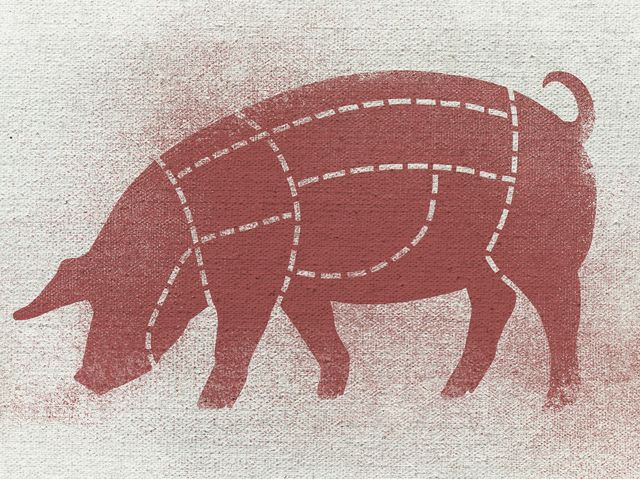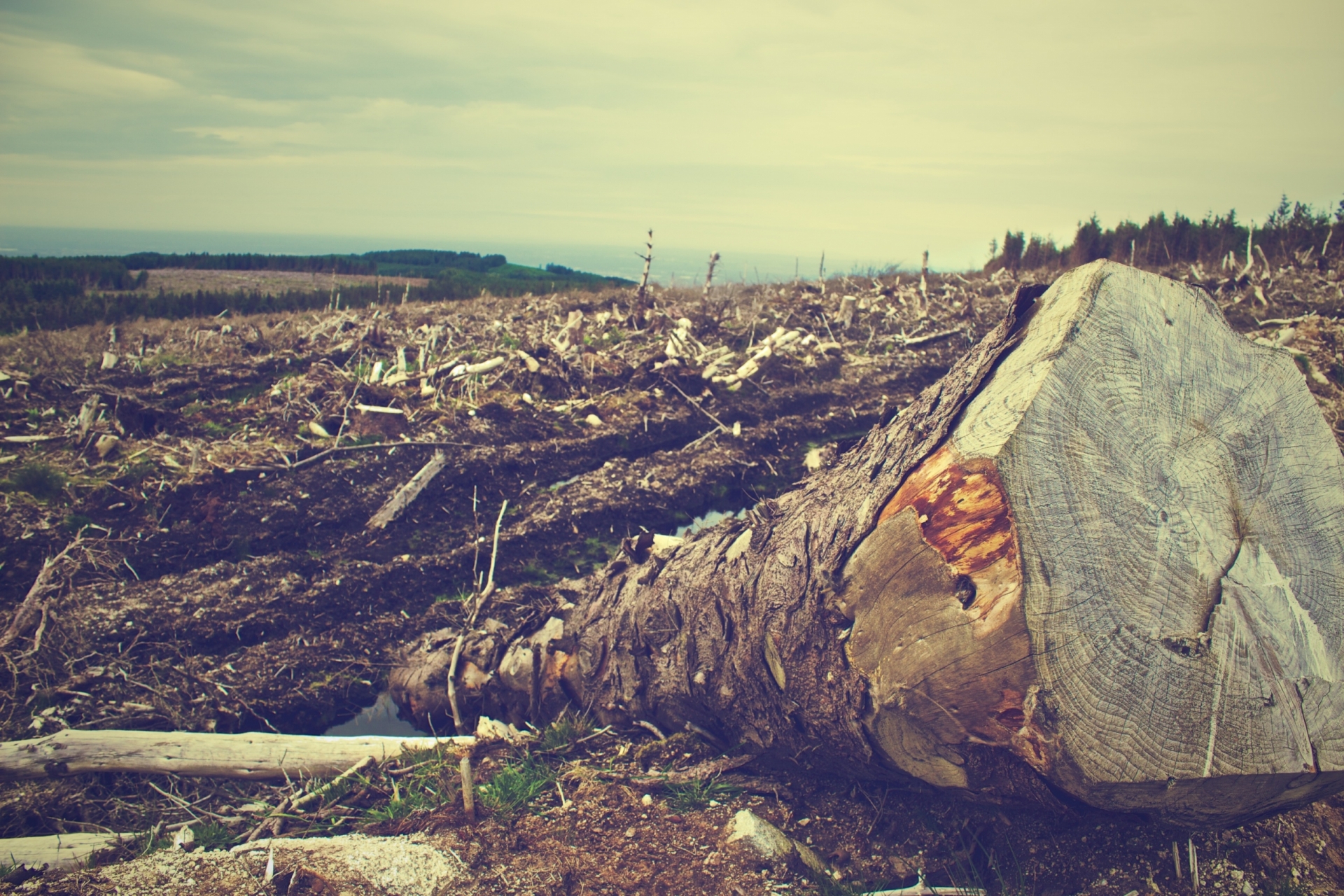
Feedback’s response to the COVID-19 crisis
The response of communities, civil society and citizens are giving us a glimpse of a more resilient and fairer food system
Feedback, like many fellow civil society organisations, has emerged into this strange, deeply worrying new world somewhat bewildered and disorientated, but with a renewed determination to do whatever we can to help.
We have started to redeploy much of our work towards COVID-19 relief efforts. In Merseyside, our Alchemic Kitchen has turned its hobs and chopping boards to producing fresh, healthy and nourishing soup, which we are sharing with vulnerable people via our extensive network of community groups and service delivery organisations. At a time when many people are struggling to access enough food, there are also large amounts of food at risk of being wasted, and Lucy and her team are rescuing as much as they can from closed cafes and restaurants and wholesalers. We hope to continue rescuing food and turning it into delicious soups and other products for community groups in Merseyside throughout the COVID-19 crisis.
 As many of you will know, Feedback has a long history of rescuing produce that would otherwise go to waste from farms: for many years, we have organised volunteers and trained community groups to go gleaning. In the last few weeks, we have spoken to our partner farmers and many of them are facing unprecedented challenges: some supplying the hospitality industry have seen their business dry up overnight, while others are deeply worried about lack of staff to harvest produce, a situation which will gets worse as the year progresses. Already our partner gleaning groups have been organising to recover food from fields in Kent to distribute to those in need in their local community; and we are currently working out how we can best use our networks of farmers, gleaners and community groups to make sure fresh, healthy produce does not go to waste, but instead goes to some of the more vulnerable members of our society in this difficult time.
As many of you will know, Feedback has a long history of rescuing produce that would otherwise go to waste from farms: for many years, we have organised volunteers and trained community groups to go gleaning. In the last few weeks, we have spoken to our partner farmers and many of them are facing unprecedented challenges: some supplying the hospitality industry have seen their business dry up overnight, while others are deeply worried about lack of staff to harvest produce, a situation which will gets worse as the year progresses. Already our partner gleaning groups have been organising to recover food from fields in Kent to distribute to those in need in their local community; and we are currently working out how we can best use our networks of farmers, gleaners and community groups to make sure fresh, healthy produce does not go to waste, but instead goes to some of the more vulnerable members of our society in this difficult time.
The COVID- 19 pandemic has starkly brought to the fore the vulnerabilities of our food system. It has exposed our risky dependency on global food supply chains; it has reminded us of the country’s food insecurity and lack of farming skills The supermarket stockpiling pandemonium has also shown us the inadequacy of individual consumer responses in facing up to the collective challenge of fair access to food – while neighbours, communities, mutual aid groups and NHS volunteers are inspiring us with their determination to make sure no one is left behind.
At Feedback, our work has always been about creating a more plant-based, less wasteful, fairer and ecological food system. The COVID-19 food crisis is showing that our work is more necessary than ever. The response of communities, civil society and citizens across the country are giving us a glimpse of the more resilient and fairer food system we strive for. Inspired by this, we will redouble our efforts over the coming months – on the ground and through our campaigns – to transform the food system, and make sure we do not bounce back but step forward from this crisis, leaving behind a corporate profit driven food system, to one that prioritises health, equity and ecological renewal.
We wish you and your loved ones well. Please stay in touch for updates and consider donating to us if you can– any funds raised now will be committed to our COVID-19 food rescue, preparation and redistribution work.
Carina and the Feedback Team
Help us get good food to those who need it
The global pandemic means that our work in getting fresh, nutritious produce to people has never been more critical. We need your support to help make this happen. Any funds raised now will be committed to our COVID-19 food rescue, preparation and redistribution work.



